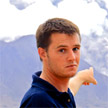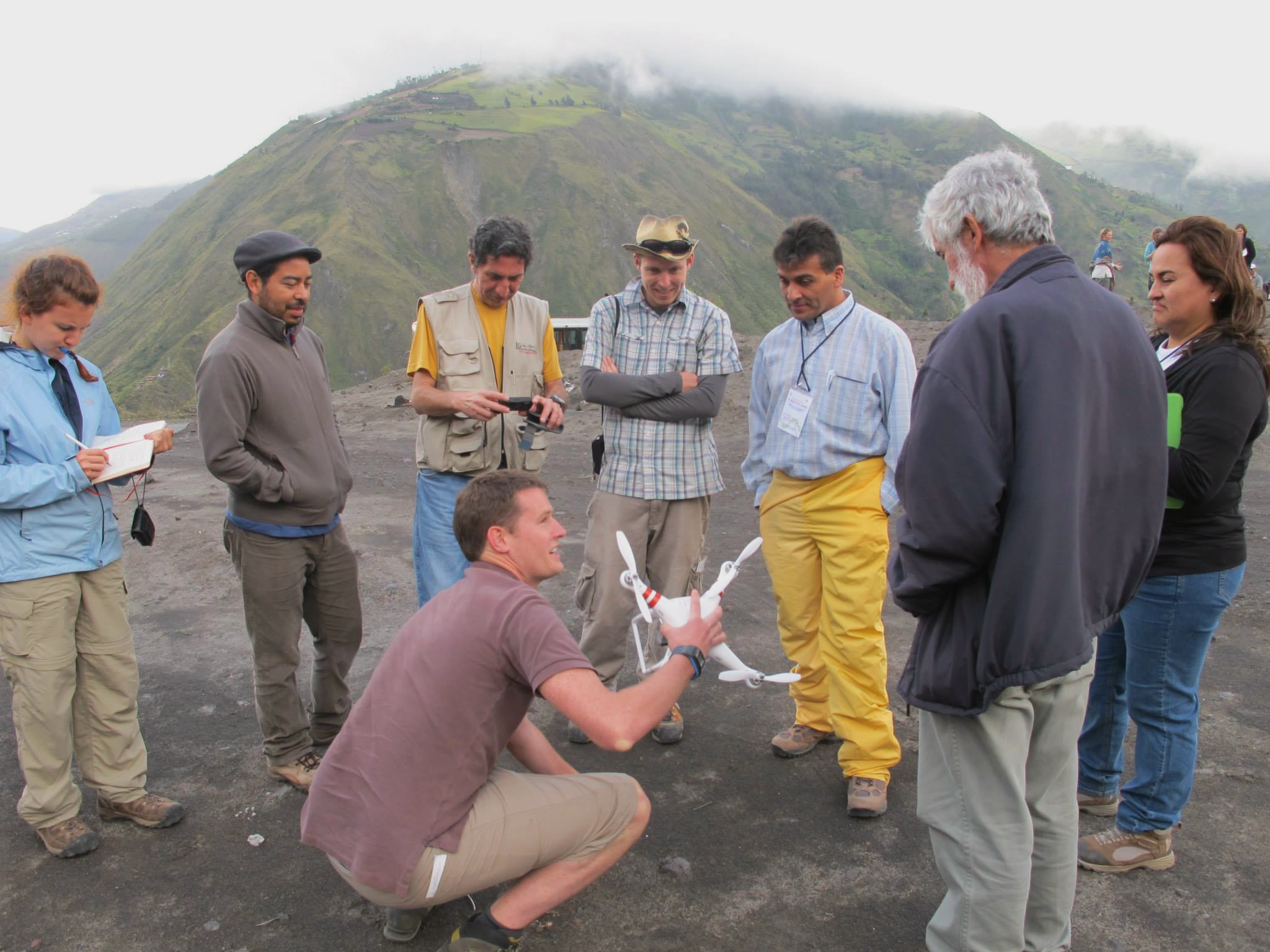 Jon Stone won the Technetium Zone in March 2013, and won £500 to spend on a science communication project.
Jon Stone won the Technetium Zone in March 2013, and won £500 to spend on a science communication project.
Jon wrote a piece about his experience and how he’s spent the £500 in an article for the EGU’s GeoQ Education magazine. We’ve summarised it here, but you can read the article in full at: egu.eu/newsletter/geoq/07/education.pdf
Talking about I’m a Scientist, Jon says…
“I wanted to have a go at the challenge of talking to young people in that situation. School kids asking questions about what you do – where else do you get that forum? The chance to answer interesting and exciting questions motivated me: they don’t ask the usual questions, but unique and wonderful things.”
“The format is awesome, especially for this day and age – that’s how people are used to interacting with each other. Another thing is the excitement: because it had the competitive element, you want your work to be cooler than the others.”
With his prize money, Jon bought a DJI Phantom quadcopter with a GoPro camera, to take aerial photos of the land around volcanoes after they erupt. Before he got the camera, he’d used a kite with a camera attached! He’s used the quadcopter around Tungurahua volcano in Ecudaor, mapping pyroclastic flow deposits after eruptions. Images from the quadcopter are digitally stitched together and used by the local authority to make maps and provide information about evacuations. It’s also helped Jon talk about his work with local children who crowded around to see the quadcopter. None of this would have been possible without the competition prize money.
“Even if I had that kind of money myself, my wife wouldn’t let me buy it, it would seem like a frivolous expense. If I was to give advice to other winners I’d say do something with the money that’s a bit of a risk. You never have that opportunity to have a new idea and go with it.”
Talking about his research in Ecuador was just an extension of geoscience conversations during the event:
“I think the kids know a lot more than they think they do – it’s about joining the dots and making connections. But they know less about Earth science than more classical sciences. That made it all the more fun for me.”
“It was genuinely the most exciting two weeks of my life. I think I learnt a lot about the necessity: what’s sufficient to answer this question which isn’t misleading and will make them ask more questions. People realising scientists can be normal is really cool and really important. I enjoyed those personal questions as much as I did the questions about science, and I didn’t expect to.”
“We’re so lucky in academia because we have a flexible work schedule. The only reason I think someone wouldn’t take part is if they hadn’t heard about it, there isn’t a comparable experience, it’s a genius idea.”
Jon has made videos of the film and images he takes with the quadcopter. Here’s one from Ecuador: youtube.com/watch?v=h7kJDL9Pf1g


